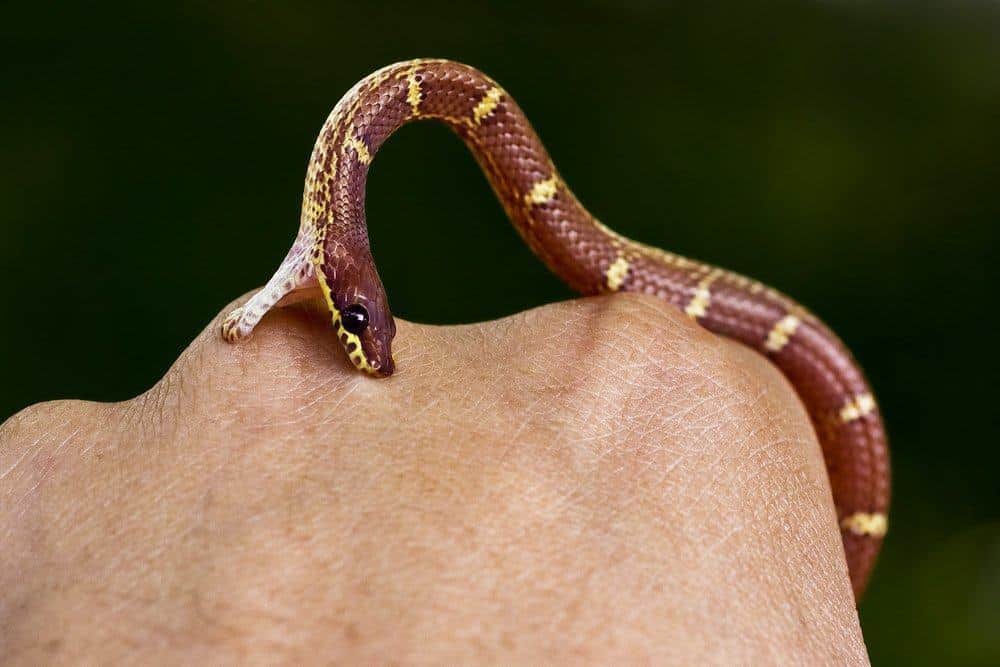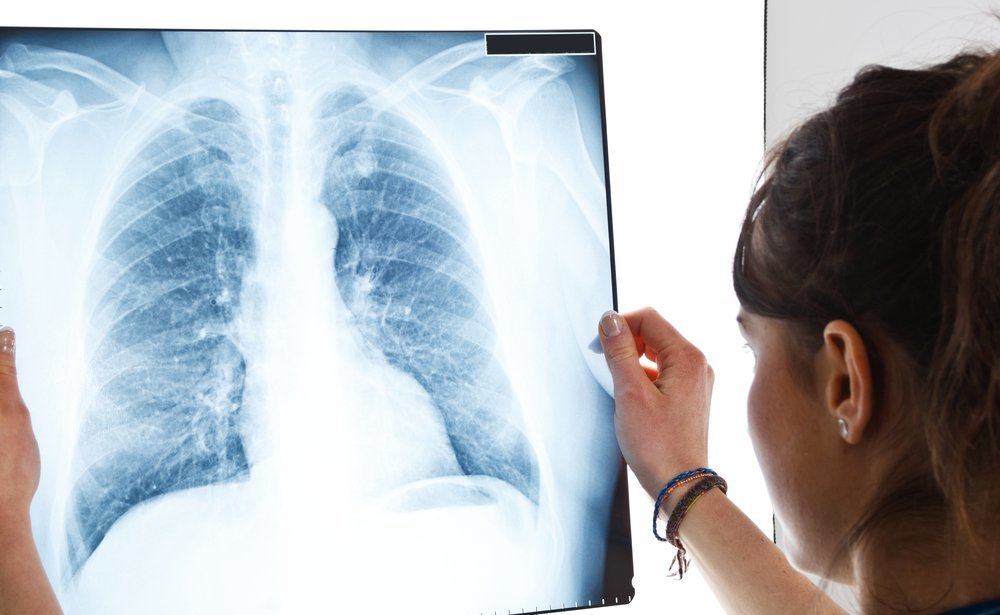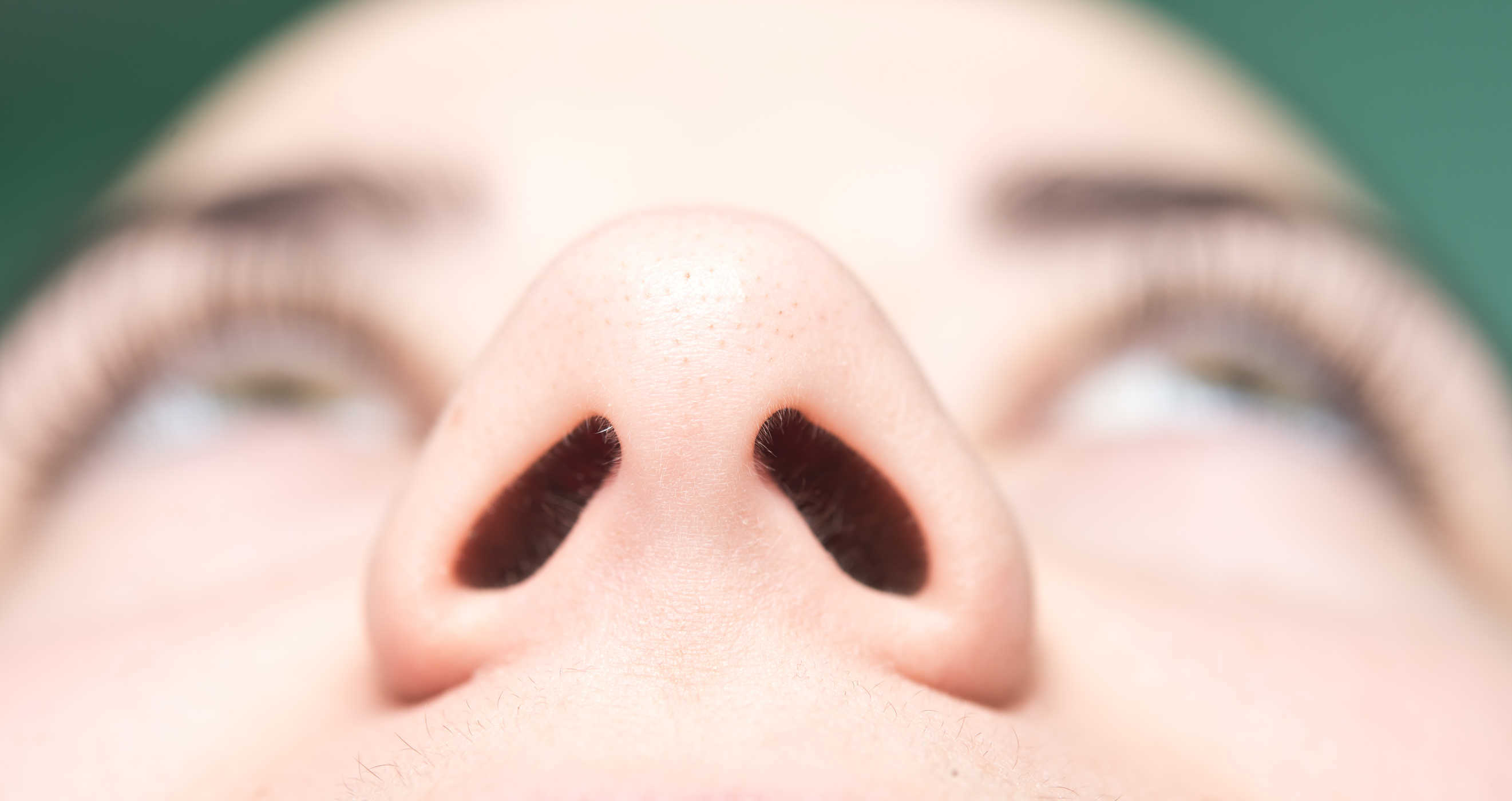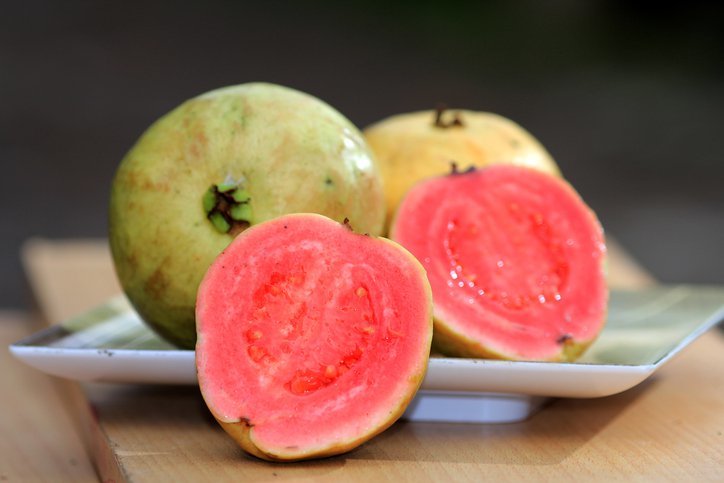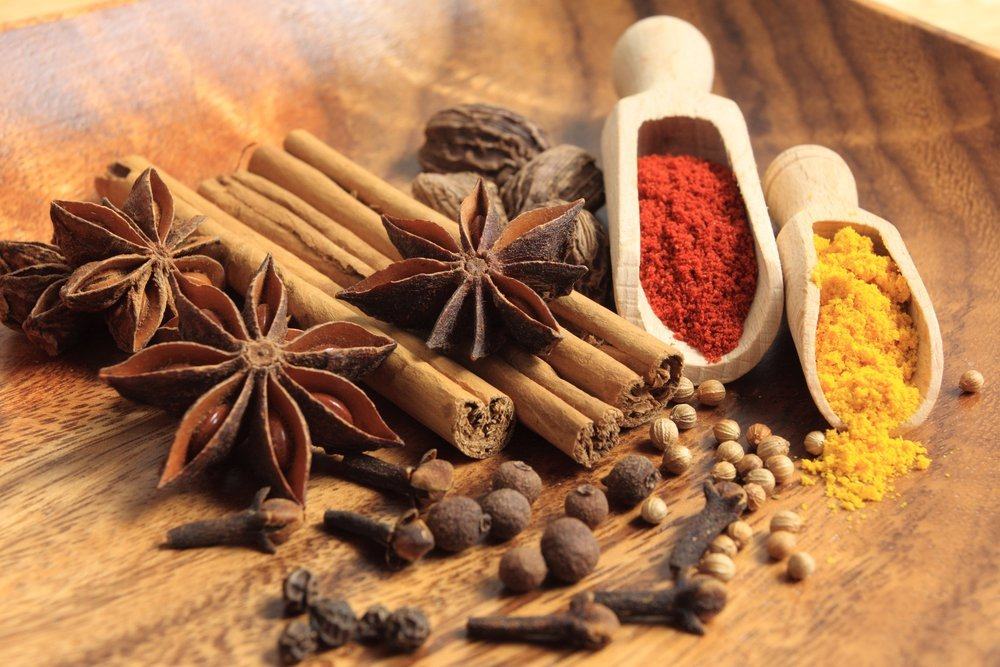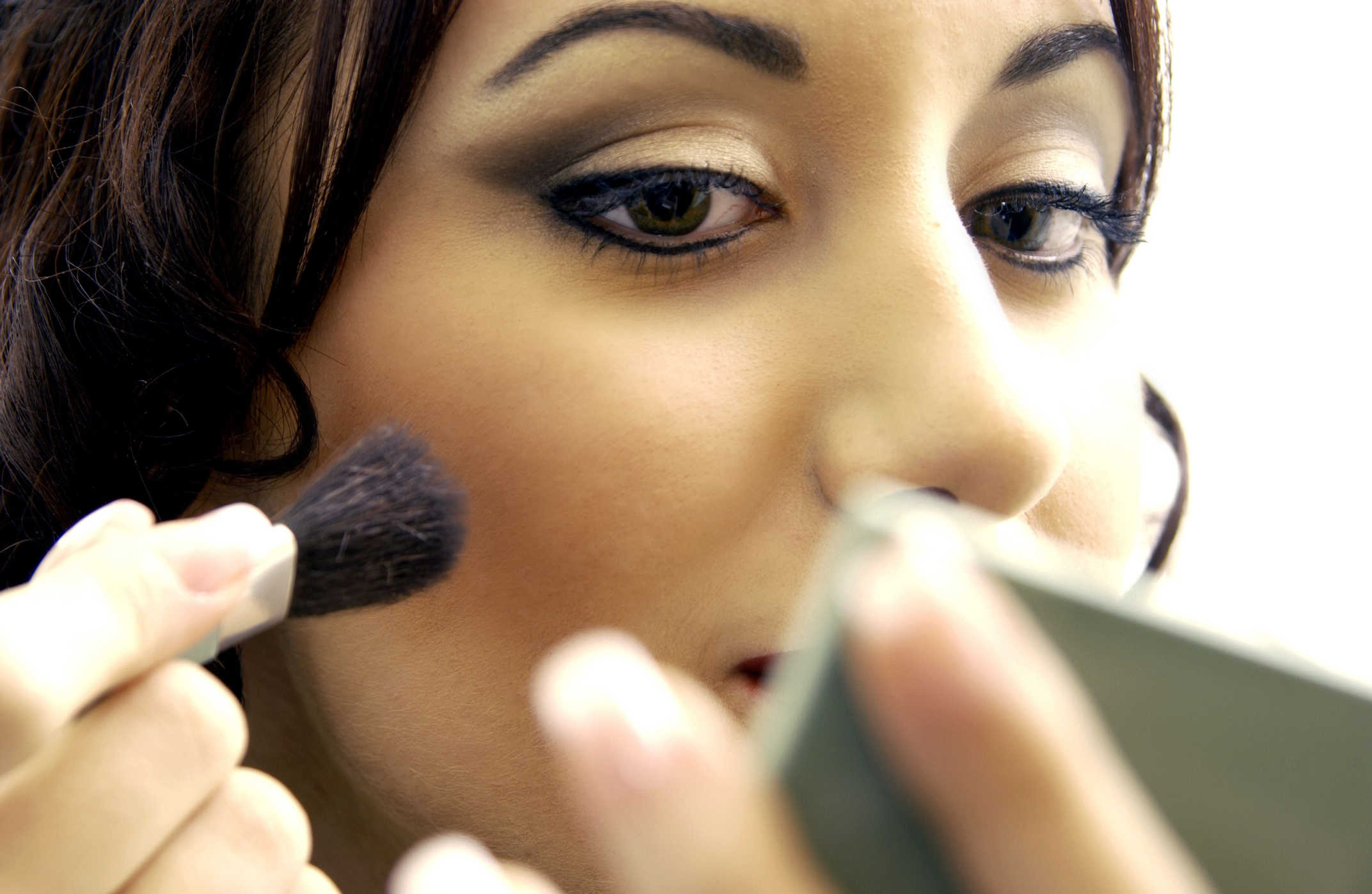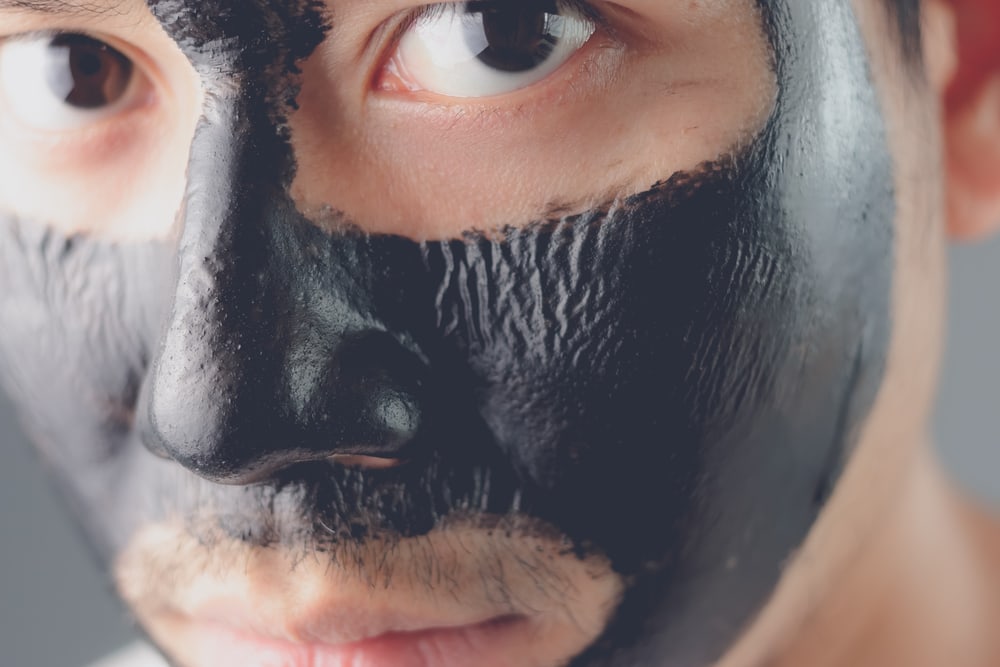Contents:
- Medical Video: Zeke's Snake Bite, Mr. Gonzo, Jenny, Meet Monica!
- What distinguishes venomous and non-venomous snakes?
- What are the symptoms and bites of poisonous snakes?
- How do you handle poisonous snake bites?
- What should not be done when bitten by a poisonous snake?
Medical Video: Zeke's Snake Bite, Mr. Gonzo, Jenny, Meet Monica!
Snakes are one of the animals found in tropical countries like Indonesia. One of the snake defense mechanisms when disturbed or threatened is by biting. Wounds caused by snake bites can come from poisonous snakes or non-venomous ones, generally snakes bite when active, ie in the morning and evening.
Every year, there are thousands of people who die in the world due to the bite of a poisonous snake. A poisonous snake bite is a medical emergency because it can cause shock and death. Fast and precise treatment of snake bites can reduce mortality by more than 90%.
What distinguishes venomous and non-venomous snakes?
There are more than 2000 species of snakes in the world, but only about 200 species of snakes are venomous. To estimate whether or not a poisonous snake can be seen from the following sign.
Rattlesnake:
- Long rectangular head shape
- Small canine teeth
- The bite marks are in the form of smooth curves in the form of an arch
Snakes are not poisonous:
- Triangle head shape
- Two large canines in the maxilla
- Bite marks in the form of two main bite holes due to canines
Some types of venomous snakes that we can find around us are spoon snakes, welang snakes, cobras, ground snakes, green snakes, sea snakes, tree snakes, and others.
What are the symptoms and bites of poisonous snakes?
The bite of a poisonous snake can cause bite damage and other systemic disorders. Symptoms at the bite site generally occur in 30 minutes to 24 hours, in the form of swelling and pain, and bluish spots appear. Tissue death can occur in bite marks that can complicate treatment. Other symptoms that appear are muscle weakness, chills, sweating, nausea, vomiting, headache, and blurred vision. Snake can also cause specific symptoms in several organs:
- Hematotoxic, is poisonous to the blood, causes bleeding at the bite site, bleeding in other places such as the lungs, heart, brain, gums, gastrointestinal tract, blood urine, also blood clotting disorders.
- Neurotoxic, is toxic to nerves, causing sufferers to feel body muscle weakness, stiffness, to spasms. When attacking the respiratory nerves, this can cause the person to have difficulty breathing and can cause death.
- Cardiotoxic, symptoms that arise include blood pressure reduction, shock, and cardiac arrest.
- Compartment syndrome, is a syndrome that results in increased pressure in a group of muscles, one of which is caused by swelling. As a result, blood vessels and nerves can be pinched, and long periods of muscle weakness can be lacking in oxygen and can require the doctor to perform surgery.
How do you handle poisonous snake bites?
What should be done if you or your friend is bitten by a poisonous snake?
- Stay calm, and try to remember the scene, the type, color, and size of the snake.
- Patients are expected to rest and minimize movement.
- Place the bite lower than the other body position.
- Clean the bite place, avoid rinsing with water, then cover with a clean, dry cloth.
- Remove the ring or watch from the bitten limb, so as not to aggravate the swollen limb.
- Loosen the clothes you are wearing, but do not have to remove them.
- Seek medical attention immediately.
What should not be done when bitten by a poisonous snake?
- Manipulating wounds, either by sucking snake can from the bite, or cutting the skin so it can come out with the blood.
- Rub with chemicals, or compress with hot water or ice on a bite wound.
- Binding or giving the tourniquet is too hard on the bite wound. Some sources say that the tourniquet installation can be given under the first 30 minutes if symptoms arise quickly and there is no anti-can.
- Drink alcohol or coffee.
- Trying to chase and catch a snake.
If the snake that bites you is not venomous, the doctor will give antibiotic therapy and tetanus serum as indicated, whereas in more severe cases antivenom can be given. To reduce the existing pain symptoms, patients can take painkillers such as paracetamol.
READ ALSO:
- First Aid in Stroke
- First Aid When Broken Bones
- Mountain Sickness, a disease that often attacks when riding a mountain

